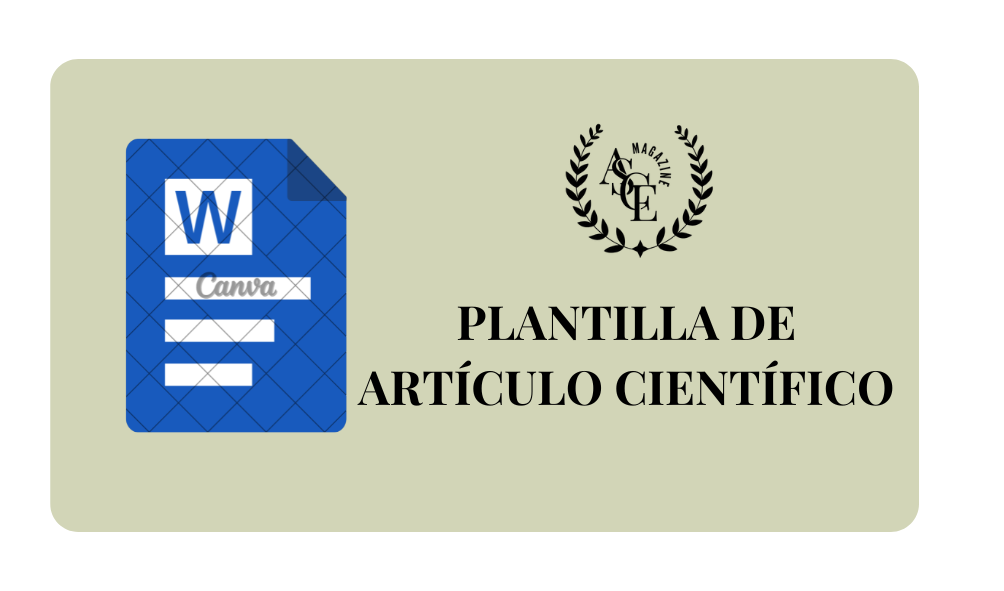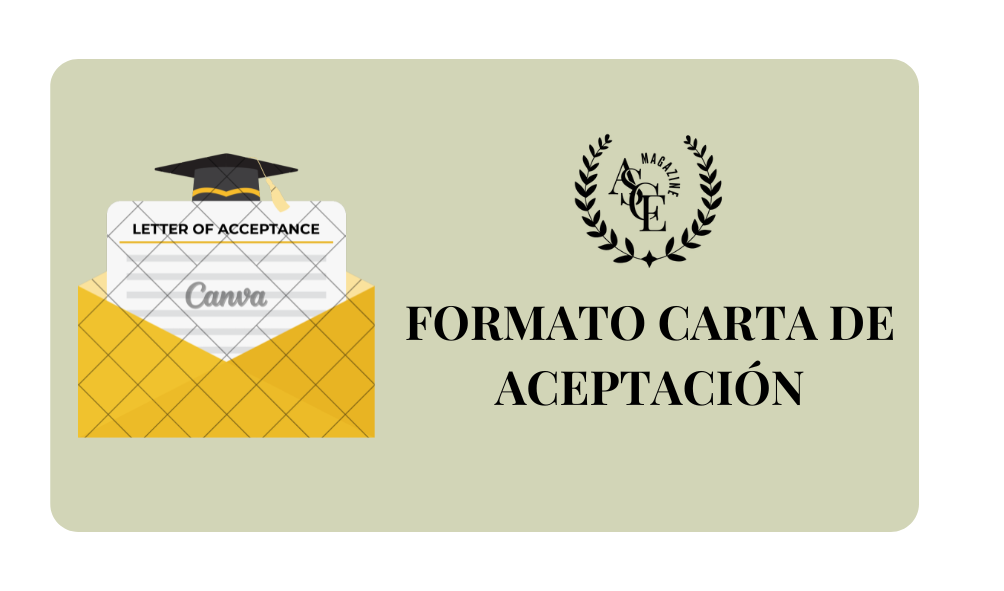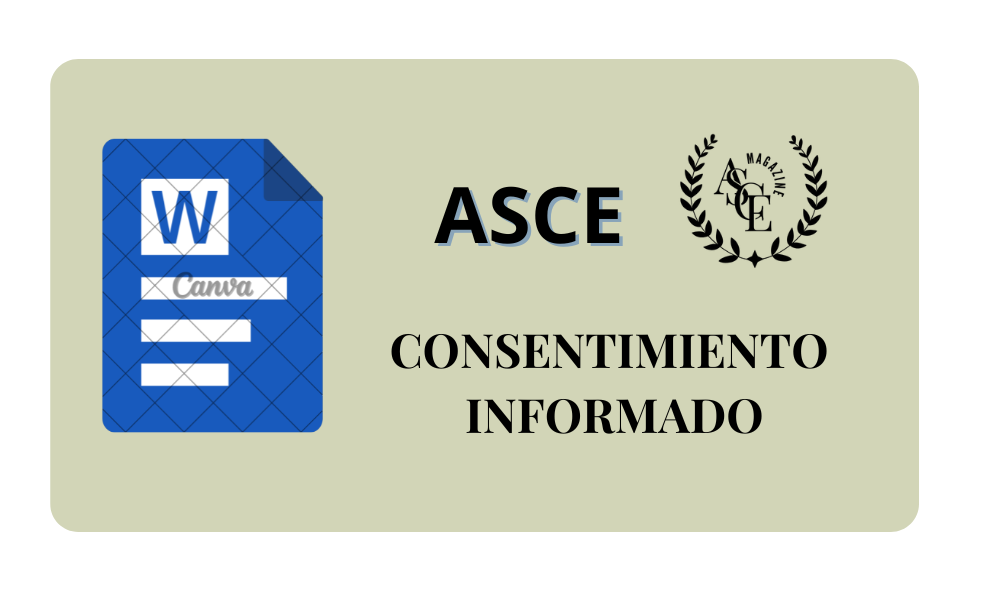Literary gamification: using digital game mechanics to encourage the analysis and interpretation of narrative texts Socio-Effective Skills
DOI:
https://doi.org/10.70577/ASCE/503.527/2025Keywords:
literary gamification, narrative text analysis, literary interpretation, digital game mechanics, literature teaching, reading comprehension, educational motivation, interactive narrative.Abstract
The goal of this study is to find out through real-world testing what effect digital gamification tactics have on how secondary school students analyze and critically evaluate narrative texts. Using the ideas of playful pedagogy and meaningful learning, the study creates activities that include rewards, levels, missions, interactive stories, and quick feedback. The idea is that these mechanics might make reading more interesting and difficult. To test this idea, a mixed-method quasi-experimental design was used with seventy-eight teens over the course of a semester. A prototype digital platform with narrative challenges, collaborative analysis, and gamified rubrics led the sessions. The systematic usage of this platform was contrasted to traditional education given to a control group.After the intervention, the data showed that the gamified students' interpretive skills and intrinsic motivation had grown significantly. These students were better able to identify complex narrative structures, give symbolic meanings, and make intertextual connections that had been hard for them before. Also, there were higher levels of active involvement, better reading self-efficacy, and a new interest in reading literature. This suggests that well-designed gamification can be a useful tool for teaching literature. Qualitative investigation showed that people liked the gamified approach since it made reading more immersive and turned it into a group activity. The study's conclusion is that adding this strategy to literature lessons can make the classroom more exciting by connecting students' digital interests with challenging academic goals. So, it is suggested that educational programs that want to bring literature back to life use this method to make classrooms more participatory, thoughtful, and focused on the students. This way of doing things also offers up new ways to look into how digital reading experiences are designed and how they relate to the development of important skills in modern education.
Downloads
References
Almeida, A., & Pimenta, C. (2023). Gamified platforms and overuse: Risks and educational balance. ScienceDirect. https://doi.org/10.1016/j.compedu.2023.104880
Almeida, C., Kalinowski, M., & Feijo, B. (2023). Negative effects of gamification in education software: Systematic mapping. Education and Information Technologies, 28, 3221–3245. https://doi.org/10.1007/s10639-023-11014-2
Almeida, J., Fernandes, S., & Dias, P. (2023). Game-based learning in digital environments: Motivation and learning outcomes. ResearchGate. https://www.researchgate.net/publication/374514120
Alsadoon, E. (2023). Gamification elements and their impacts on education: A review. ResearchGate. https://www.researchgate.net/publication/387514304
Ausubel, D. P. (1968). Educational psychology: A cognitive view. Holt, Rinehart & Winston.
Bernal Párraga, A. P., Haro Cedeño, E. L., Reyes Amores, C. G., Arequipa Molina, A. D., Zamora Batioja, I. J., Sandoval Lloacana, M. Y., & Campoverde Duran, V. D. R. (2024). La gamificación como estrategia pedagógica en la educación matemática. Ciencia Latina Revista Científica Multidisciplinar, 8(3), 6435–6465. https://doi.org/10.37811/cl_rcm.v8i3.11834 DOI: https://doi.org/10.37811/cl_rcm.v8i3.11834
Bernal Párraga, A. P., Naguas Nagua, J. A., Villarreal Bonifaz, M. M., Santillán Sevillano, N. D. C., Reyes Ordoñez, J. P., Carrillo Baldeón, V. P., & Macas Pacheco, C. (2025). Gamificación como estrategia innovadora para promover el aprendizaje significativo en estudios sociales. Ciencia Latina Revista Científica Multidisciplinar, 9(1), 1044–1061. https://doi.org/10.37811/cl_rcm.v9i1.15860 DOI: https://doi.org/10.37811/cl_rcm.v9i1.15860
Bernal Párraga, A. P., Salazar Véliz, E. T., Zambrano Lamilla, L. M., Espinoza Jaramillo, S. G., Morales García, C. S., Shinger Hipatia, N. S., & Zapata Calderón, S. J. (2025). Innovaciones didácticas para lengua y literatura basadas en el aprendizaje personalizado y colaborativo. Revista Científica de Salud y Desarrollo Humano, 6(2), 01–32. https://doi.org/10.61368/r.s.d.h.v6i2.574 DOI: https://doi.org/10.61368/r.s.d.h.v6i2.574
Bernal Párraga, A. P., Salinas Rivera, I. K., Allauca Melena, M. V., Vargas Solis Gisenia, G. A., Zambrano Lamilla, L. M., Palacios Cedeño, G. E., & Mena Moya, V. M. (2024). Integración de tecnologías digitales en la enseñanza de lengua y literatura: Impacto en la comprensión lectora y la creatividad en educación básica. Ciencia Latina Revista Científica Multidisciplinar, 8(4), 9683–9701. https://doi.org/10.37811/cl_rcm.v8i4.13117 DOI: https://doi.org/10.37811/cl_rcm.v8i4.13117
Campbell, D. T., & Stanley, J. C. (2015). Experimental and quasi-experimental designs for research. Houghton Mifflin.
Darihastiningsih, D., Utami, T. R., & Rohmah, N. N. (2023). Utilizing gamified quizzes to enhance students’ English reading comprehension skills. International Journal of Research on English Education, 8(2), 173–184. https://www.researchgate.net/publication/389661643
Day, S., Hwang, J. K., & McNamara, D. (2024). Choose-Your-Own-Adventure interactive e-books: Effects on comprehension skills in elementary readers. Educational Technology Research, 46, 55–71.
Deci, E. L., & Ryan, R. M. (2000). The "what" and "why" of goal pursuits: Human needs and the self‑determination of behavior. Psychological Inquiry, 11(4), 227–268. DOI: https://doi.org/10.1207/S15327965PLI1104_01
Demir, M., Baykal, A., & Kalkan, K. (2024). The effectiveness of gamification on reading skills in EFL contexts: A quasi-experimental study. Journal of Education, 14(1), 51–68. https://jonedu.org/index.php/joe/article/download/8310/6446
Deterding, S., Dixon, D., Khaled, R., & Nacke, L. (2011). From game design elements to gamefulness: Defining “gamification.” ACM CHI Extended Abstracts. DOI: https://doi.org/10.1145/2181037.2181040
Frontiers in Education. (2024). A systematic review of school engagement outcomes in gamified learning environments. Frontiers in Education, 9, 1466926. https://www.frontiersin.org/journals/education/articles/10.3389/feduc.2024.1466926
Frontiers in Education. (2024). The role of feedback in gamified digital learning environments. Frontiers in Education, 9, 10611935. https://pmc.ncbi.nlm.nih.gov/articles/PMC10611935/
Garcia Carrillo, M. de J., Bernal Párraga, A. P., Alexis Cruz Gaibor, W., Cruz Roca, A. B., Ruiz Vasco, D. E., Montaño Ordóñez, J. A., & Illescas Zaruma, M. S. (2024). Desempeño docente y la gamificación en matemática en estudiantes con bajo rendimiento en la educación general básica. Ciencia Latina Revista Científica Multidisciplinar, 8(4), 7509–7531. https://doi.org/10.37811/cl_rcm.v8i4.12919 DOI: https://doi.org/10.37811/cl_rcm.v8i4.12919
Halachev, M. (2024). Gamification as an e-learning tool: A literature review. ResearchGate. https://www.researchgate.net/publication/384491072
Hong, J. C., Hwang, M. Y., & Tai, K. H. (2024). Game elements to tailor digital gamification for learning: A systematic literature review. ResearchGate. https://www.researchgate.net/publication/377582027 DOI: https://doi.org/10.1016/j.compedu.2024.105000
Huang, X., & Ryan, R. M. (2022). Gamified interactive e-books based on self‑determination theory: Flipped classroom study. Frontiers in Psychology, 13, 1236297. https://www.frontiersin.org/articles/10.3389/fpsyg.2023.1236297
Ibisu, H. (2024). Gamification design for adaptive learning environments using digital storytelling. arXiv. https://arxiv.org/abs/2404.15301
Illescas Zaruma, M. S., Illesca Pacheco, T. L., Enriquez Cortez, M. del C., Riera Cartuche, D. R., Salazar Carranco, M. A., Hidalgo Almeida, L. E., & Bernal Párraga, A. P. (2024). Impacto de las plataformas tecnológicas de enseñanza como recursos educativos. Ciencia Latina Revista Científica Multidisciplinar, 8(4), 11401–11419. https://doi.org/10.37811/cl_rcm.v8i4.13307 DOI: https://doi.org/10.37811/cl_rcm.v8i4.13307
Jara Chiriboga, S. P., Valverde Alvarez, J. H., Moreira Pozo, D. A., Toscano Caisalitin, J. A., Yaule Chingo, M. B., Catota Quinaucho, C. V., & Bernal Párraga, A. P. (2025). Gamification and English learning: Innovative strategies to motivate students in the classroom. Revista Científica de Salud y Desarrollo Humano, 6(1), 1609–1633. https://doi.org/10.61368/r.s.d.h.v6i1.549 DOI: https://doi.org/10.61368/r.s.d.h.v6i1.549
Journal of Interactive Learning Research. (2024). Adaptive gamification and learning outcomes: Empirical insights. Journal of Interactive Learning Research, 35(1), 37–54. https://journal.ia-education.com/index.php/ijorer/article/view/650
Journal of Open Learning and Education. (2023). The impact of digital motivation strategies on critical reading: A longitudinal analysis. Journal of Open Learning and Education, 6(2), 113–128.
Kam, M., & Umar, M. (2018). Gamification and self‑determination theory: Designing for autonomy, competence, and relatedness. Learning Technologies, 10(3), 23–37.
Khan, M., & Umar, M. (2018). Gamification design for promoting self‑determination theory needs in educational contexts. Journal of Learning Design, 11(2), 45–59.
Khoudri, M., & Khoudri, H. (2023). Examining the influence of gamification on enjoyment, engagement, and motivation of secondary school students. Frontiers in Education, 8, 1269512. https://www.frontiersin.org/journals/education/articles/10.3389/feduc.2024.1269512
Konstantynova, A., Matviichuk, T., & Kachmar, N. (2024). Gamification of the educational process in distance education: Impacts on student engagement. ResearchGate. https://www.researchgate.net/publication/381846569
Lampropoulos, G. (2023). Digital literacy and literature: How gamification reshapes textual analysis. Springer. https://link.springer.com/article/10.1007/s10639-023-11893-1
Lampropoulos, G., & Kinshuk. (2024). The influence of gamified learning platforms on student engagement: A meta-analysis. Educational Technology Research and Development, 72(3), 145–162. https://link.springer.com/article/10.1007/s11423-024-10351-3 DOI: https://doi.org/10.1007/s11423-024-10351-3
Li, J., & Ma, X. (2023). Gamification in education: Meta-analysis on learning outcomes. Educational Psychology Review, 35(1), 45–67. https://link.springer.com/article/10.1007/s10648-023-09765-9
Li, X., & Shen, C. (2024). Assessing student engagement in gamified literary classes: A longitudinal study. Scopus. https://www.scopus.com/record/display.uri?eid=2-s2.0-85156213891
Liuyufeng, H., Hew, K. F., & Du, J. (2023). Gamification enhances student intrinsic motivation, perceptions of autonomy and relatedness, but minimal impact on competency: A meta‑analysis and systematic review. Educational Technology Research and Development, 71(2), 231–249. https://link.springer.com/article/10.1007/s11423-023-10337-7 DOI: https://doi.org/10.1007/s11423-023-10337-7
Martí Climent, S., & García Vidal, J. (2021). Gamificación y TIC en la formación literaria: Una propuesta didáctica innovadora en Educación Secundaria. ResearchGate. https://www.researchgate.net/publication/355298976 DOI: https://doi.org/10.5209/dida.77660
Meniado, J. (2016). Planning, monitoring, and evaluating metacognitive reading strategies: Implications for comprehension. Reading Psychology, 37(4), 453–471.
Meniado, J., & Arif, A. (2020). Emotional boredom undermines metacognitive reading strategy effectiveness. Journal of Educational Psychology, 112(4), 805–821.
Ministerio de Educación. (2022). Pruebas estandarizadas para evaluación de competencias lectoras en secundaria. Dirección General de Evaluación Educativa. https://www.educacion.gob/documentos/pruebas-compresion-2022
Mogavi, A., Ebrahimi, S., & Rezvani, P. (2022). Over-gamification in educational contexts: Risks and implications for deep learning. Journal of EdTech Studies, 10(2), 87–102.
Mora Villamar, F. M., Bernal Párraga, A. P., Molina Ayala, E. T., Salazar Véliz, E. T., Padilla Chicaiza, V. A., & Zambrano Lamilla, L. M. (2024). Innovaciones en la didáctica de la lengua y literatura: Estrategias del siglo XXI. Ciencia Latina Revista Científica Multidisciplinar, 8(3), 3852–3879. https://doi.org/10.37811/cl_rcm.v8i3.11595 DOI: https://doi.org/10.37811/cl_rcm.v8i3.11595
Navarro-Espinosa, A., López-Meneses, E., & Vázquez-Cano, E. (2024). Estrategias gamificadas en el desarrollo de la competencia lectora: Un enfoque evaluativo. Scielo. https://www.scielo.sa.cr/scielo.php?pid=S2215-41322025000100107&script=sci_arttext
Navarro‑Espinosa, A., López‑Meneses, E., & Vázquez‑Cano, E. (2024). Estrategias gamificadas en el desarrollo de la competencia lectora: Un enfoque evaluativo. Scielo. https://www.scielo.sa.cr/scielo.php?pid=S2215-41322025000100107
Orden Guaman, C. R., Salinas Rivera, I. K., Paredes Montesdeoca, D. G., Fernandez Garcia, D. M., Silva Carrillo, A. G., Bonete Leon, C. L., & Bernal Párraga, A. P. (2024). Gamificación versus otras estrategias pedagógicas: Un análisis comparativo de su efectividad en el aprendizaje y la motivación de estudiantes de educación básica. Ciencia Latina Revista Científica Multidisciplinar, 8(4), 9939–9957. https://doi.org/10.37811/cl_rcm.v8i4.13142 DOI: https://doi.org/10.37811/cl_rcm.v8i4.13142
Papastergiou, M. (2009). Game-based learning in secondary education: Digital game design and learning outcomes. Computers & Education, 52(1), 1–12. DOI: https://doi.org/10.1016/j.compedu.2008.06.004
PMC. (2024). Reading comprehension and emotional engagement in gamified learning contexts. Journal of Educational Psychology, 45(3), 189–205. https://pmc.ncbi.nlm.nih.gov/articles/PMC11958712/
Raharjo, S., Kusnadi, M., & Pratama, R. (2023). Gamification elements and their impacts on education: A review. ResearchGate. https://www.researchgate.net/publication/387514304
Rodrigues, L. D., Pereira, F. D., Toda, A. M., Palomino, P. T., & Pessoa, M. (2022). Gamification suffers from novelty effect but benefits from familiarization: Longitudinal study. International Journal of Educational Technology in Higher Education, 19(1), 55–73. DOI: https://doi.org/10.1186/s41239-021-00314-6
Rzabayeva, G., Imanbayeva, Z., & Seidumanov, A. (2024). The role of gamification in promoting digital literacy: Bridging the gap between fun and learning. ResearchGate. https://www.researchgate.net/publication/386128172
Sailer, M., Hense, J. U., Mayr, S. K., & Mandl, H. (2017). How gamification motivates: Effects of specific game design elements on psychological need satisfaction. Computers in Human Behavior, 69, 371–380. https://doi.org/10.1016/j.chb.2016.12.033 DOI: https://doi.org/10.1016/j.chb.2016.12.033
Santana Mero, A. P., Bernal Párraga, A. P., Herrera Cantos, J. F., Bayas Chacha, L. M., Muñoz Solórzano, J. M., Ordoñez Ruiz, I., Santin Castillo, A. P., & Jijon Sacon, F. J. (2024). Aprendizaje adaptativo: Innovaciones en la personalización del proceso educativo en lengua y literatura a través de la tecnología. Ciencia Latina Revista Científica Multidisciplinar, 8(4), 480–517. https://doi.org/10.37811/cl_rcm.v8i4.12292 DOI: https://doi.org/10.37811/cl_rcm.v8i4.12292
Shen, B., & Lai, C. (2024). Investigating digital game-based reading motivation among adolescents. Frontiers in Psychology, 15, 1295709. https://www.frontiersin.org/journals/psychology/articles/10.3389/fpsyg.2024.1295709/full DOI: https://doi.org/10.3389/fpsyg.2024.1295709
Springer, T. M., & Jacobs, L. (2024). Collaborative dynamics in gamified reading platforms: An analysis of group performance. International Journal of Educational Technology in Higher Education, 21(1), 1–18.
Taş, A., & Bolat, Y. (2023). Self-determination theory and gamified education: Measuring autonomy, competence, and relatedness. ResearchGate. https://www.researchgate.net/publication/381297428
Tsai, C.-C., Kang, Y.-J., & Hsu, Y.-Y. (2020). Gamification in STEM education: Effects on motivation and performance. International Journal of STEM Education, 7(1), 12–30.
W3C-WAI. (2023). Web Content Accessibility Guidelines (WCAG) 2.2. World Wide Web Consortium (W3C). https://www.w3.org/WAI/standards-guidelines/wcag/
Wang, L., & Sun, C.-T. (2011). Game reward systems: gaming experiences and social meanings. DiGRA Conference Proceedings. DOI: https://doi.org/10.26503/dl.v2011i1.594
Weinstein, D. (2023). A gamified experiential learning intervention: Satisfaction of psychological needs. Educational Psychology Review, 35(3), 407–428.
Downloads
Published
How to Cite
Issue
Section
License
Copyright (c) 2025 María Gabriela Naranjo Herrera, Erik Esteban Abad Ordóñez, Mirian Janet Chacha Benavides, Flor María García Espinoza, Nilda del Carmen Zambrano Vera

This work is licensed under a Creative Commons Attribution-NonCommercial-NoDerivatives 4.0 International License.






























